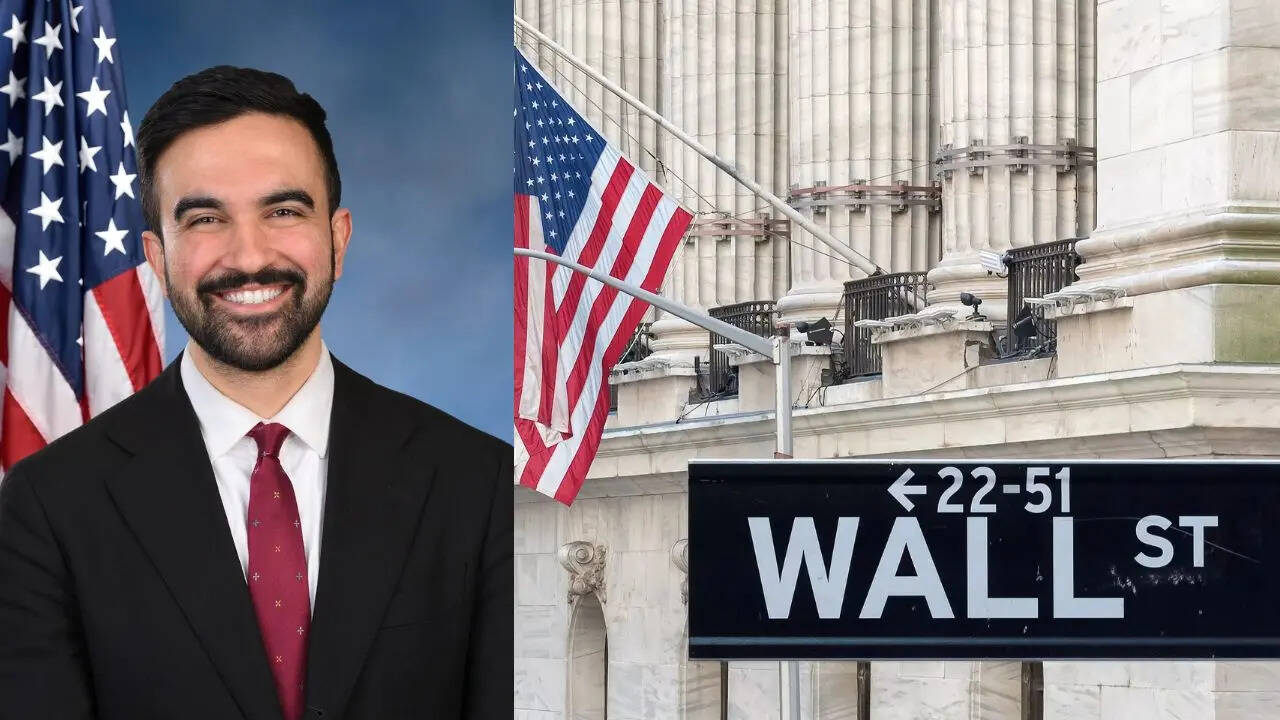
Despite ideological divides, Mamdani’s grassroots campaign has gained traction across class and racial lines, bolstered by a savvy online strategy and star endorsements.
Despite ideological divides, Mamdani’s grassroots campaign has gained traction across class and racial lines, bolstered by a savvy online strategy and star endorsements. On Wednesday, the candidate appeared in a viral Instagram video alongside model Emily Ratajkowski, who sported a “Hot Girls for Zohran” t-shirt while urging voter turnout. Mamdani’s messaging, which blends economic populism with progressive cultural appeal, has resonated with younger and working-class voters disillusioned with New York’s entrenched political structure.
“Our message is simple,” Mamdani said in his post-victory speech. “A life of dignity should not be reserved for a fortunate few.”
Among his most talked-about proposals are free childcare, public grocery stores, fare-free public buses, and aggressive rent controls — all to be funded through higher taxes on the city’s wealthy residents and corporations. He has also floated a controversial $70 billion municipal debt plan, though such fiscal moves would require approval from state officials, including Governor Kathy Hochul, who has already voiced opposition.
Cuomo’s campaign leaned heavily on negative advertising targeting Mamdani and offered few fresh solutions to the city’s mounting issues, including transit safety and the rising cost of living. Though he resigned as governor amid sexual harassment allegations — which he denies — Cuomo retained endorsements from high-profile figures like former President Bill Clinton. He is now reportedly considering continuing his run as an independent.
Mamdani, by contrast, gained support from progressive political leaders including Alexandria Ocasio-Cortez and Bernie Sanders. His campaign has focused on mobilising tens of thousands of volunteers who canvassed door-to-door and dominated digital platforms.
But some financiers are already taking drastic measures. “I’ve talked to hedge fund guys who’ve told me they’ve got a foot out the door,” said Eric Rosen, formerly of JPMorgan. “I left New York City eight years ago because I didn’t like the way the city was being run. I sold my Park Ave co-op and it’s now down 25 per cent. My house in Florida is up 250 per cent. The market has spoken.”
Meanwhile, the city’s financial elite must decide whether to challenge Mamdani’s momentum, adapt to it — or simply walk away from a city in political transition.